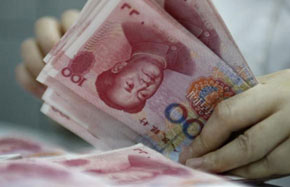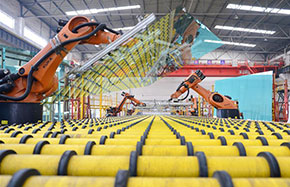China faces shift to sustainable growth
No aggressive stimulus is expected to prop up growth in the short term.
The National Bureau of Statistics will release figures for second-quarter GDP growth on July 15. The world's second-largest economy, a driver of global growth, expanded 7.8 percent in 2012, its slowest pace in 13 years.
GDP grew a surprisingly weak 7.7 percent in the first quarter, well below forecasts.
Duncan Freeman, a researcher at the Brussels Institute of Contemporary China Studies, suggested "the only way to sustain long-term growth is through a reform dividend", which has been adopted by the government.
As any reform dividend will take time to materialize, there are short-term risks that could reduce growth. This situation may force the government to use traditional means to boost growth and weaken reform efforts, Freeman said.
He stressed that easing administrative burdens of the government can boost businesses and jobs and sustain GDP growth.
Zhu Haibin, the chief Chinese economist at JPMorgan, is confident about local governments' ability to repay debt even as economic growth further decelerates, as "the current debt level is within a healthy range".
"But we have more concern about large companies with high debt ratios. Once the economy continues to slow, non-performing loans will rise and that may trigger a financial crisis," Zhu added.
In the short term, a relatively more efficient way to keep up growth is to promote infrastructure construction and increase property investment.
However, pursuing that course will present a deep dilemma for policymakers who need to monitor systemic risks, he added.
AFP contributed to this story.



















